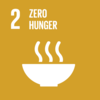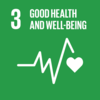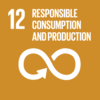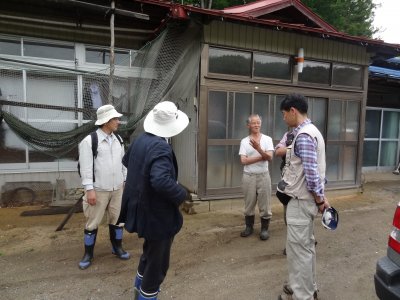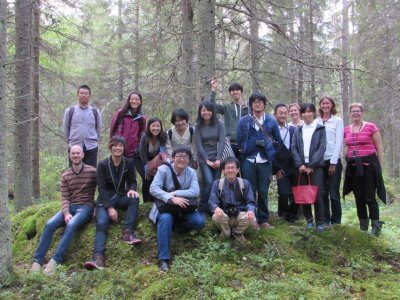Support for Reconstruction of Agriculture, Forestry and Fishery Industries from Environmental Pollution Caused by the Accident at the Fukushima Daiichi Nuclear Power Plant


Yasuhiro Nakashima
Graduate School of Agricultural and Life Sciences
Dean
Due to the extensive environmental pollution caused by the accident at the Fukushima Daiichi nuclear power plant, agriculture, forestry and fishery industries in that region have suffered enormous damage. The Graduate School of Agricultural and Life Sciences, the University of Tokyo, has made continued efforts to help recover these industries. Now, after more than six years, the cultivation and sale of many agricultural crops have become possible again. In contrast, the recovery of the forestry and fisheries industries has been rather slow mainly due to radioactive materials still present in mountains and lakes there. In addition, the public remains skeptical about the safety of food produced in Fukushima Prefecture, even after it has been deemed safe by the relevant authorities. For the reconstruction of the affected local agricultural communities, it is necessary to continue providing comprehensive scientific and social support. Currently, the Faculty of Agriculture is assisting the recovery of these communities in cooperation with Date City and Iitate Village in Fukushima Prefecture. The Graduate School of Agricultural and Life Sciences has helped to organize briefing sessions for local residents 13 times since 2011. At these meetings, we communicate our latest research findings with a specific focus on radioactivity in agricultural and livestock products. For the dissemination of our research outcomes to the international scientific community, we have published the findings in chapter format, in two books (Springer). Both books are freely available online, and to date, have been downloaded over 100,000 times and 30,000 times, respectively. We are also continuing to strengthen collaboration with overseas research institutions, especially one in Sweden, and our graduate students have had an opportunity to discuss their research with their Swedish counterparts. The aforementioned efforts to communicate our research findings is not restricted to the ongoing recovery in Fukushima prefecture; the data obtained is also extremely valuable for the development of environmental studies related to possible future nuclear accidents in other parts of the world, particularly countries in Asia that have a similar agricultural environment to that of Japan.
Related links
Research collaborators
- Approximately 40 faculty members+numerous reserchers and students
Related publications
- Agricultural implications of the Fukushima nuclear accident; Nakanishi T.M.; Tanoi K., Eds.;2013.
- Agricultural Implications of the Fukushima Nuclear Accident The first three years; Nakanishi, T. M.; Tanoi, K., Eds.; Springer Japan: Tokyo, 2016.
- Agricultural Implications of the Fukushima Nuclear Accident The first three years; Nakanishi, T. M.; Tanoi, K., Eds.; Springer Japan: Tokyo, 2016.
Contact
- Keitaro Tanoi
- Tel: +81-3-5841-5440
- Email: uktanoi[at]g.ecc.u-tokyo.ac.jp
※[at]=@


